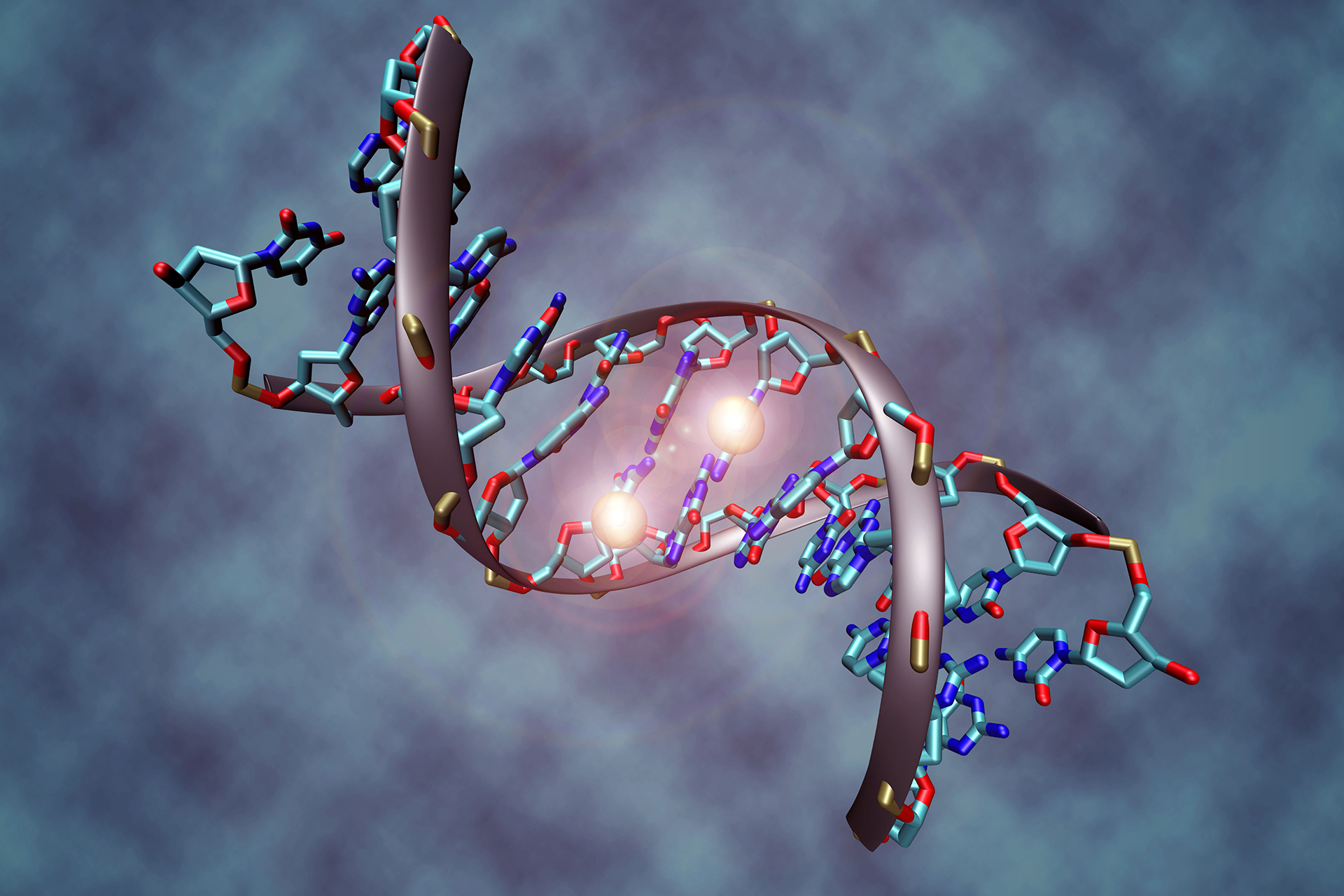Epigenetic changes to DNA can be inherited by multiple generations of offspring, new research has shown.
Scientists from the University of California (UC), Santa Cruz, have shown that the removal of an epigenetic histone marker from a histone protein in the roundworm C. elegans sperm cell resulted in the absence of paternal chromosomes in its subsequent offspring and grandoffspring, in a process known as 'transgenerational epigenetic inheritance'.
'These results establish a cause-and-effect relationship between sperm-transmitted histone marks and gene expression and development in offspring and grandoffspring' said Professor Susan Strome, senior author of the study and professor emerita of molecular, cell and developmental biology at UC Santa Cruz.
The histone marker describes the methylation of the histone protein's amino acid, altering the protein's shape and allowing DNA to be more tightly wrapped around it. This, in turn then restricts access of certain genes for transcription, deregulating them.
Some of the resulting offspring and grandoffspring displayed abnormal gene expression owing from the absence of the histone marker, with genes present in the paternal chromosomes upregulated.
Germline tissue, which differentiate to sex cells, were found to have upregulated genes that are usually expressed in neurons.
Developmental issues were also seen in the worms' grandoffspring, some of whom were completely sterile. It is thought that this could have resulted from the different combinations of genes grouped together during cell division and replication of the offspring's sex cells.
The study, published in the journal PNAS, focused on roundworms since the histone marker is present in all multicellular animals, including humans. Using roundworms for these genetic studies helps identify the effects of epigenetics on subsequent offspring.
Such a study would be very difficult to replicate in humans given the numerous conflicting influences such as environmental and socio-economic factors that a particular human would be exposed to. This would then make it difficult to assign genetic traits observed in their offspring to particular epigenetic markers.
'This looks like a conserved feature of gene expression and development in animals, not just a weird worm-specific phenomenon. We can do amazing genetic experiments in C. elegans that can't be done in humans, and the results of our experiments in worms can have broad implications in other organisms' said Professor Strome.
Sources and References
-
New study shows transmission of epigenetic memory across multiple generations
-
Sperm-inherited H3K27me3 epialleles are transmitted transgenerationally in cis
-
Here's How Events in Your Grandparents' Lives Could Affect Your Genes
-
Epigenetic memory transfers through generations to grandoffspring in model organism
-
Transmission of epigenetic memory across multiple generations





Leave a Reply
You must be logged in to post a comment.